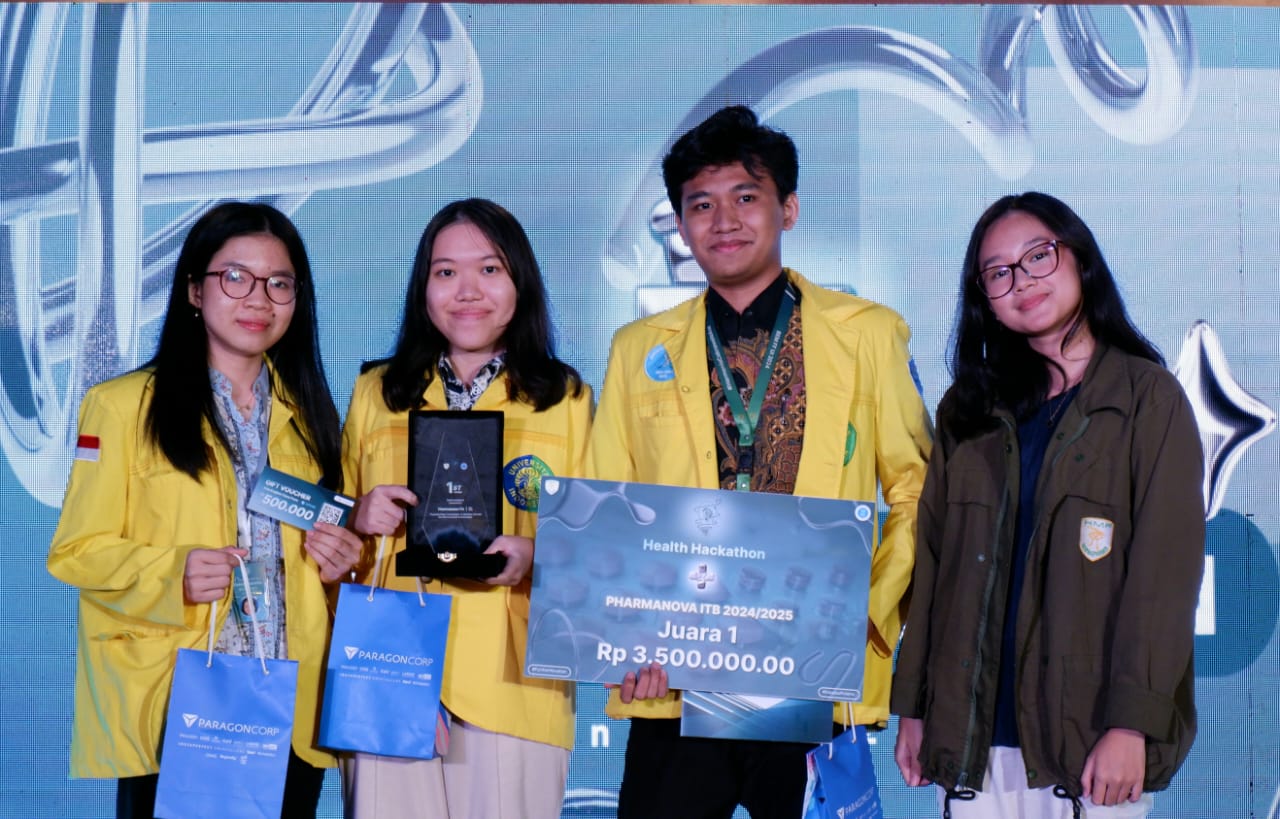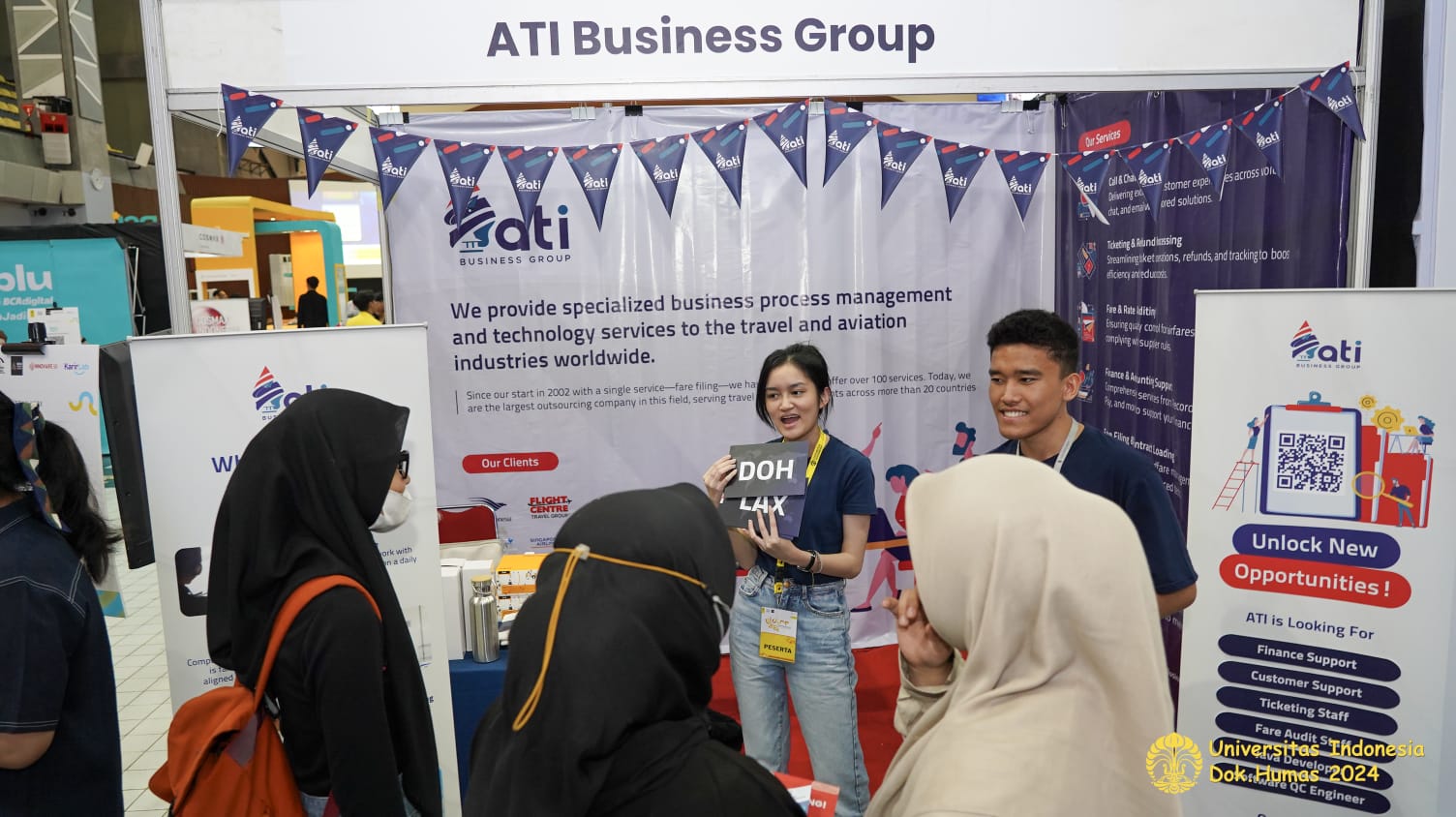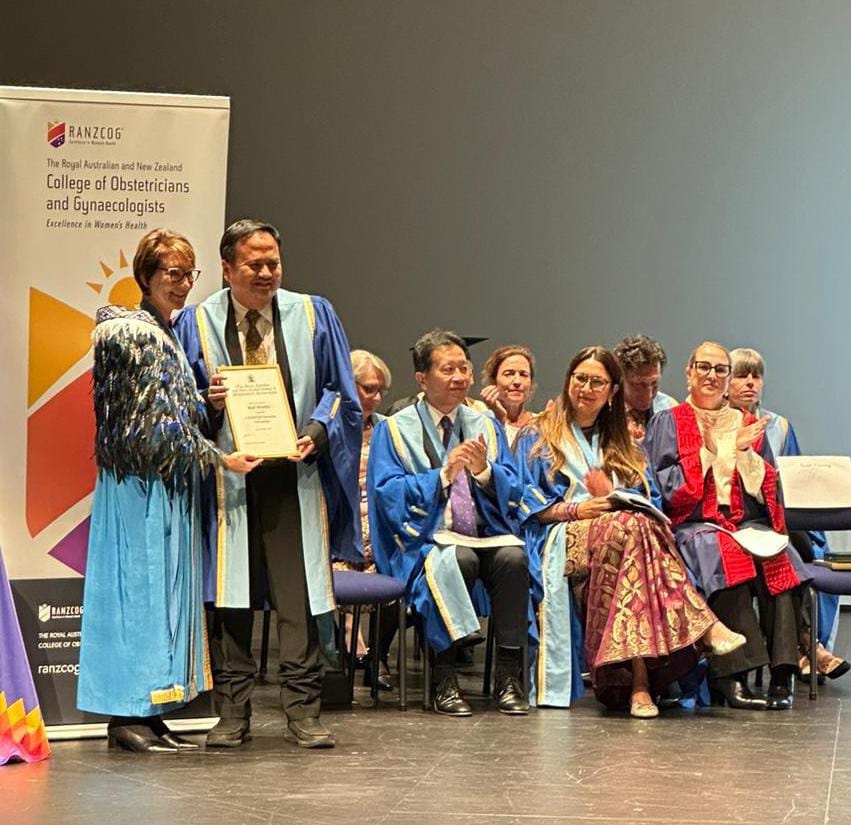Radiotherapy oncology specialist, dr. Handoko, B.Med.Sci., Sp.OnkRad(K), successfully earned a doctorate in the Biomedical Science Doctoral Program at the Faculty of Medicine, Universitas Indonesia (FKUI) after researching the identification of genes that influence the response to nasopharyngeal cancer treatment. His dissertation titled “Nasopharyngeal Cancer Whole Genome Sequencing: Identification of Clinically Meaningful Genes” was presented at the Doctoral Promotion Session on Wednesday (16/10), at the IMERI FKUI Auditorium, Salemba Campus.
This research was motivated by clinical problems in nasopharyngeal cancer patients, where 25% of patients did not show a significant response to treatment. “Although patients with similar conditions received the same chemotherapy, the results obtained varied greatly. Some patients did not have a better healing rate. This certainly raises questions about the factors that influence different responses, even though the treatment given is the same,” he said.
To answer this question, dr. Handoko analyzed seven samples of nasopharyngeal cancer patients using fresh tissue biopsies, from which DNA was extracted. Using Whole Genome Sequencing techniques and data analysis, he looked for genetic mutations that could potentially cause variations in treatment response. His findings revealed mutations in tumor suppressor genes and oncogenes that are thought to trigger the development of nasopharyngeal cancer, as well as genes involved in repairing damaged DNA.
“In the analysis of methylation pathways in the patient’s genome, no specific pathways were found related to cancer aggressiveness. This suggests that the methylation profile in nasopharyngeal cancer patients is more conservative or does not play a significant role in the aggressiveness of the disease. However, the identified driver mutations require further research to prove the causal relationship between these mutations and nasopharyngeal cancer. This has the potential to open up opportunities for the development of new, more personalized, and effective therapies for patient groups with certain genomic profiles,” said dr. Handoko.
This study also used the latest Whole Genome Sequencing technology with the Nanopore long-read platform, a breakthrough that has never been done before in the context of nasopharyngeal cancer research. Prof. Dr. dr. Soehartati A. Gondhowiardjo, Sp. Rad (K), OnkRad, as the supervising lecturer emphasized, “dr. Handoko is the first researcher in Indonesia, which could even be in the world, to use Whole Genome Sequencing technology with the Nanopore long-read platform. Although there has been research on Whole Genome Sequencing technology at the global level, they did not use the Nanopore long-read platform.”
For this achievement, the Dean of FKUI, Prof. Dr. dr. Ari Fahrial Syam, Sp.PD-KGEH, MMB, expressed his appreciation to dr. Handoko. “Congratulations to dr. Handoko for his success in achieving a doctoral degree with summa cum laude predicate. This certainly increases the number of doctors at FKUI by 67 people. Hopefully, the results of this research can contribute to the development of more targeted diagnostic and therapeutic methods for nasopharyngeal cancer patients in Indonesia,” said Prof. Ari.
With this achievement, it is hoped that dr. Handoko’s research will continue to grow. Handoko could pave the way for more personalized nasopharyngeal cancer therapy, improve treatment effectiveness, and provide new hope for patients with nasopharyngeal cancer in the future.



